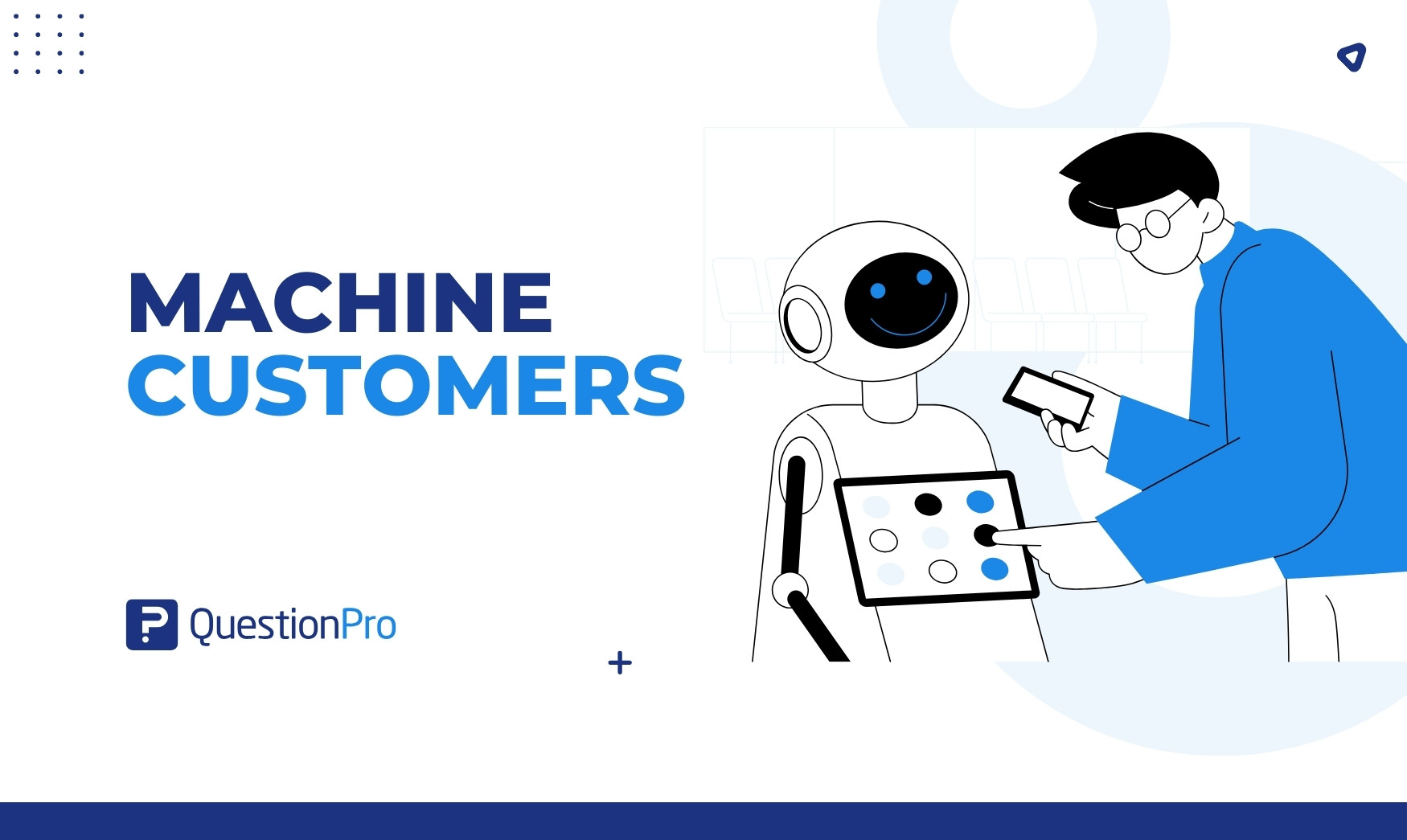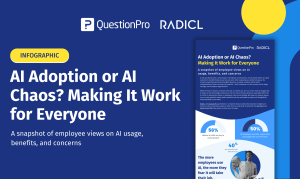
In the past, machines only followed set instructions, but now they’re playing a new role as independent customers. Whether in smart factories or connected homes, machines aren’t just doing tasks – they’re also making decisions to buy things on their own. Machine customers behave like independent buyers, influencing the future of automation.
In this blog, we’ll explore the fascinating world of machine customers and how they’re shaping the future of automation.
What is Machine Customers?
Machine customers refer to smart devices that use AI and the Internet to buy things on their own.
Unlike traditional automated systems based on predefined rules, machine customers can evaluate their own performance, predict future requirements, and autonomously make purchasing choices.
These machines can perform tasks like ordering parts or services without needing specific guidance from a person. Essentially, these automated customers use advanced technology to make independent choices in the market.
The Rise of Machine Customer Era
The idea of machines acting as customers is no longer science fiction—it’s becoming a reality. Recent technological advancements have enabled connected devices to make buying choices independently, transforming how we engage with technology.
From self-driving cars paying tolls to smart appliances ordering supplies, the potential applications of machine customers are vast. Companies like HP and Amazon are already leading the charge with services like HP Instant Ink and Amazon Dash Replenishment, where devices seamlessly handle replenishment tasks.
Machines customers bring more efficiency and convenience for people, and they can help businesses save money and work better. At the same time, businesses can expect improved productivity and cost savings.
As technology advances, the machine-customer era is on track to change industries and reshape how businesses traditionally operate.
Evolution of Machine Customers
The journey of machine customers can be divided into three main phases, each representing notable progress in incorporating independent decision-making into our daily lives.
Phase One: Bound Customers
In the early stage of machine customer development, machines work based on rules set by humans, performing specific tasks for their owners. The main features of this phase are:
- Machines act as “co-customers,” following rules set by humans.
- They have restricted independence within particular environments.
- Examples include automated ink refills and autonomous vehicle systems like Tesla’s cars.
Phase Two: Adaptable Customers
In the second phase, AI technology allows machines to make choices and take actions on behalf of humans for specific tasks with minimal intervention. Key aspects of this phase include:
- Humans still set the rules, but machines have increased decision-making ability.
- AI-powered systems such as robot trading and autonomous vehicles demonstrate adaptable customer behavior.
- Machines follow guidelines set by humans but can independently decide on certain tasks.
Phase Three: Autonomous Customers
The autonomous customer stage is the last in the development of machine customers. During this stage, machines have the smartness to act independently from humans, handling most transaction steps with a lot of independence and responsibility. Here are the main features:
- Machines can work on their own without needing humans to interfere.
- They have advanced decision-making skills and can process a lot of information quickly.
- Their decision-making is logical and without emotions, not influenced by humans.
- Examples include advanced AI systems in finance, healthcare, and self-driving vehicles that operate without human intervention.
Impact of Machine Customers on Businesses
The increase in machine customers is a big trend in business. It’s changing how companies think about and handle customer interactions and transactions. This change will likely affect businesses in many ways across different industries.
Innovation in Product Design and Business Models
The existence of machine customers opens up chances for businesses to create products and services designed specifically for automated buying. This trend is encouraging innovation in product and service design. It can push businesses to develop more standardized offerings that can work together smoothly.
This might result in new ways to make money, such as creating innovative options such as automated restocking systems or subscription models customized for machine-based purchasing.
Evolution of Customer Experience and Support
The increasing use of machines as customers requires changing how businesses handle customer support.
Companies need to develop specific ways to communicate with machine customers, like special interfaces and channels. Automation will be important for dealing with everyday tasks and questions so that human agents can focus on solving more complicated issues.
Reshaping of Key Business Functions and Strategies
The use of machines will change important business areas like supply chain management, sales, marketing, customer service, digital commerce, and customer experience. Creating customized sales and service channels can help adapt to this change.
Companies need to adjust how they market and sell their products to match how algorithms make decisions. This means they might need to focus more on using data and specific communication methods to connect with machine customers.
Data Management and Analytics
Since machines heavily rely on data to make decisions, it’s crucial for businesses to have strong systems for managing data and advanced tools for analysis. Effective data management and analysis are vital for meeting the needs of machine customers.
Transformation of Customer Relationship Management (CRM)
In the age of machine customers, CRM is shifting away from traditional human-focused communication to managing data exchanges and algorithm-based interactions. Businesses need to rethink their CRM approaches to effectively connect with machine customers.
Ethical and Legal Considerations
Integrating machine customers into the business ecosystem raises ethical and legal concerns about data privacy, security, and accountability for machine-made decisions. Businesses need to navigate these challenges cautiously, ensuring compliance and ethical practices in their interactions with machines.
Challenges of Machine Customers in Businesses
As companies embrace the age of machine customers, they can face several challenges that need to be tackled carefully. Even though there are many chances for growth, it’s crucial to deal with these obstacles directly to succeed.
Improving Sales Approaches
When dealing with machine customers, it’s essential to reconsider traditional sales methods. Businesses need to find a careful balance to attract human customers and accommodate machine customers for independent decision-making.
Making Systems Work Together Smoothly
It’s crucial to make sure that machines from different industries can communicate and work well together. Investing in technologies that help machines interact seamlessly is key to achieving success.
Ensuring Data Security
When machines handle transactions, important information is shared. This emphasizes the need for strong cybersecurity measures. It’s crucial to safeguard the integrity and privacy of data to establish and keep trust with both machine and human customers.
Meeting Customer Needs
Businesses face a special challenge in satisfying both machine and human customers. It’s important for companies to adjust their products, services, and support to match the specific preferences and requirements of each type of customer to ensure satisfaction and loyalty.
Handling Transition Challenges
Incorporating machine customers into current business setups can be tricky and cause disruptions. It’s crucial for companies to navigate this change carefully to reduce disruptions and ensure a seamless experience for all customers.
Future Trends in Machine Customer Relationships
As machine customers become smarter and more autonomous, customer relationships will change. Here are some important trends that could happen:
- Increased Autonomy: Machine customers will make more independent and complex purchasing decisions.
- Personalized Interactions: Businesses will tailor interactions based on individual preferences and behavior.
- Voice and NLP Integration: Machine customers may interact through voice commands and natural language processing.
- Dynamic Pricing: Real-time data analysis will enable dynamic pricing strategies and customized offerings.
- Continuous Learning: Machine customers will refine preferences and decision-making processes over time.
- Ethical Decision-Making: Ensuring fairness and transparency in algorithmic processes will be crucial.
- Collaborative Decision-Making: Opportunities for collaboration between machines and humans will emerge.
Conclusion
The machine customers era is not a far-off trend; it’s happening right now. This creates a broad market, from household items to charging electric cars. The rise of machine customers shows us that they will play a big role in how markets and consumers behave in the future. This means that both businesses and society need to fully embrace digital changes.
QuestionPro is a leading provider of online survey software, enabling businesses to gather valuable insights and feedback from customers, employees, and stakeholders. Its user-friendly interface and powerful features make it effortless for organizations to create, distribute, and analyze surveys.
In the evolving landscape of machine-driven customers, QuestionPro stays ahead by offering innovative tools and technologies to support businesses in a data-centric world. Through its easy-to-use survey platform and advanced analytics, QuestionPro is transforming the process of gathering and utilizing customer feedback. This revolution drives growth and success for businesses in the digital age.
Try QuestionPro Today!







